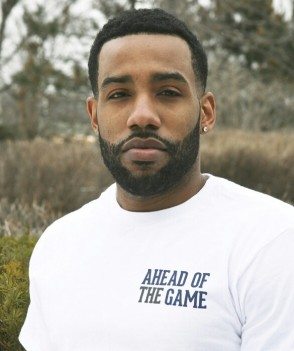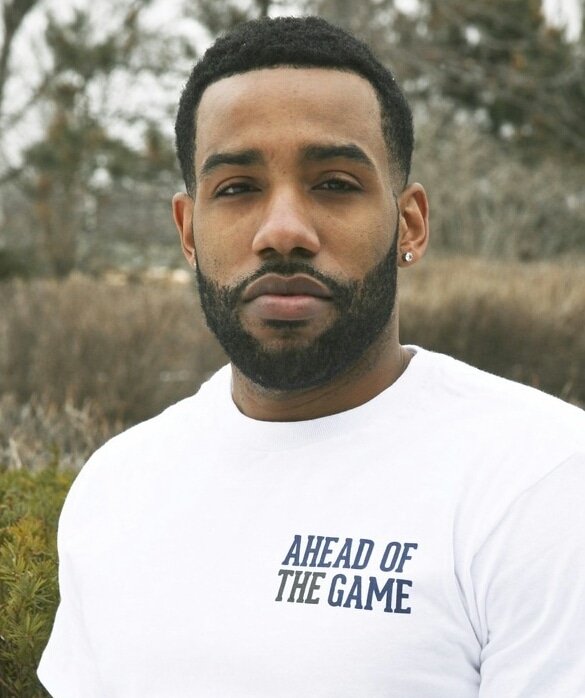What Is Your Coaching Identity? by Justin Alliman
At any level of being a coach, whether you’ve been in the game for 2 months, 1 year or even 20 years, there are certain questions that come up as you venture off into or continue your journey within the coaching industry. One question that triggers a great amount of discussion is most likely the biggest and most critical of all, “What is your coaching identity?” This is one of the biggest and most important questions coaches can ask themselves.
Developing an coaching identity, as a coach, requires that you cultivate a philosophy that you believe in with a list of goals you set out to accomplish. These goals could be either short-term or long-term and range anywhere from defensive, offensive, positive attitudes, rebounding and a mix of other things.
As you continue to develop a coaching identity, you lock into what your beliefs are. This is what turns bad coaches into good coaches and good coaches into great coaches. Of course we have to be open to adjustment, but coaches must also be able to make those adjustments accordingly, without changing who they are as a team and most importantly without altering their identity.
Over the past few decades, we have been able to watch a number of great coaches, who despite of what may have happened during the course of the grueling season have been able to stick with their identity and become very successful. Whether you are on a winning or losing streak you have got to stick to your coaching identity.
A perfect example of coaching identity development is Phil Jackson. He is well known for the way he molds players into playing the triangle offense win or lose and has been highly successful using it. Being confident in his identity is exactly what helped Jackson create a confidence that is shared by the entire team. Because of this, it generated a less stressful environment and a common understanding of what needs to be done for his team to win.
My word of advice to all coaches, you must first choose your coaching identity, make sure it’s something you believe in and secondly, be consistent with it at all times.
Author: Justin Alliman

Justin Alliman has been a player development coach for the past three years and has developed an extensive background with some of Mississauga’s top players and teams. Alliman specializes in, but not limited to, one-on-one and small group training. His determination and eagerness to help players gain the competitive edge and mental and physical toughness stems from his own previous experiences of playing at high levels. He pushes each player to ensure they are competing at the highest level possible and he’s proven to do just that with the development of his own mobile player development academy called Dream Chaserzzz, located in Mississauga and the Greater Toronto Area (GTA).
Since the launch of Dream Chaserzzz in 2013, he’s managed to go global and train many players abroad.
He is presently the head coach of Mississauga Knights of the Ontario Basketball Association (OBA), as well as player development for Mississauga Power of the National Basketball League of Canada (NBLC).
For more information, please visit www.dream-chaserzzz.com or contact Justin Alliman via email at dchaserzzz@gmail.com
Click on the pdf link to download the article: What Is Your Coaching Identity?





0 Comments